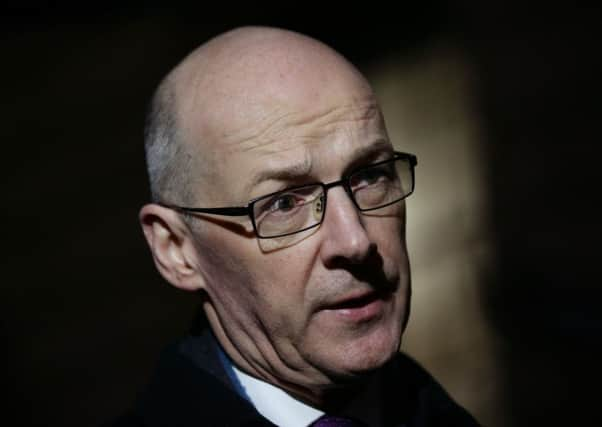Cosy relationships can make for bad legislation


Although there are great advantages of such easy access by representatives of civic society to the centre of power, there are also disadvantages. Not least among them is the danger of undue influence upon the decision-making process. Those who shout the loudest or who have preferential access to officials are able to influence the legislative and policy- making processes, while those with other perspectives are too often ignored. That is why it is essential that in the development of new legislation or Government policies, a sound evidential basis is established.
One issue which highlights this problem is the ongoing saga of the Named Person scheme. The Scottish Government claimed that owing to the success of the scheme in the Highlands in reducing referrals to the Children’s Panel, the scheme should be rolled out across the country. It worked closely with various children’s charities in developing the legislation. Understandably, these groups are keen to support any measures which they think might improve the outcomes for disadvantaged children. Now that the information sharing aspects of the Named Person scheme has been found to infringe children’s and parent’s rights, the Scottish Government has asked these groups which supported the initial draft of the scheme to suggest how to rectify the problem.
Advertisement
Hide AdAdvertisement
Hide AdIn his appearance before the Education and Skills Committee recently, education secretary John Swinney said that the Named Person scheme would still be rolled out and that the pilot scheme run by Highland Council was, in his view, responsible for a 68 per cent decline in referrals to the Children’s Panel between 2007 and 2013. The problem is that a closer look at the data shows that the results in Highland Council area are far from exceptional. Over the last ten years there has been a decline in referrals across the whole of Scotland by 72.6 per cent. Highland ranks only 11th out of 32 local authorities in its track record on reducing referrals. Other councils which piloted the Named Person scheme, such as Angus and South Ayrshire, performed much worse, with Angus sitting at 20th and South Ayrshire at 30th in the ranking. Councils which did not pilot the scheme, such as Aberdeen and Glasgow, performed better than Highland with drops in referral rates of over 80 per cent. It appears, therefore, that the decline in referrals to the Children’s Panel is due to other factors, such as the fact that the police no longer routinely refer all domestic abuse cases. Moreover, the claimed benefits of the Named Person scheme in improving outcomes for children remain unproven. This suggests that a more robust evidential basis should have been established before the Scottish Government legislated for the scheme; that too cosy a relationship exists between the advocates of the scheme and Scottish Government officials; and that more attention should have been paid to dissenting voices.
One lesson arising from this example is the need for improved scrutiny of the evidence base which underpins new legislation. Too often decisions about which organisations to take oral evidence from are taken very early in the legislative process, before the deadline for submission of written evidence has expired. Parliamentary committees should wait until all the written evidence has been collated and read before deciding from whom to take oral evidence.
A second lesson is that the Parliamentary Bureau and committees should be willing to seek independent legal advice about the compatibility of legislation with human rights and not just rely on Government assurances and the views of publicly funded human rights bodies which might have interests in supporting specific legislative proposals. Such advice should be published prior to the start of the legislative process.
Thirdly, organisations in receipt of public funding should have to declare an interest before they can give evidence to Parliamentary committees.
Finally, there should be a post-legislative review to ensure new laws do not have unintended consequences, are adequately resourced and are being properly implemented.
Dr Gordon Macdonald is Parliamentary Officer for CARE for Scotland